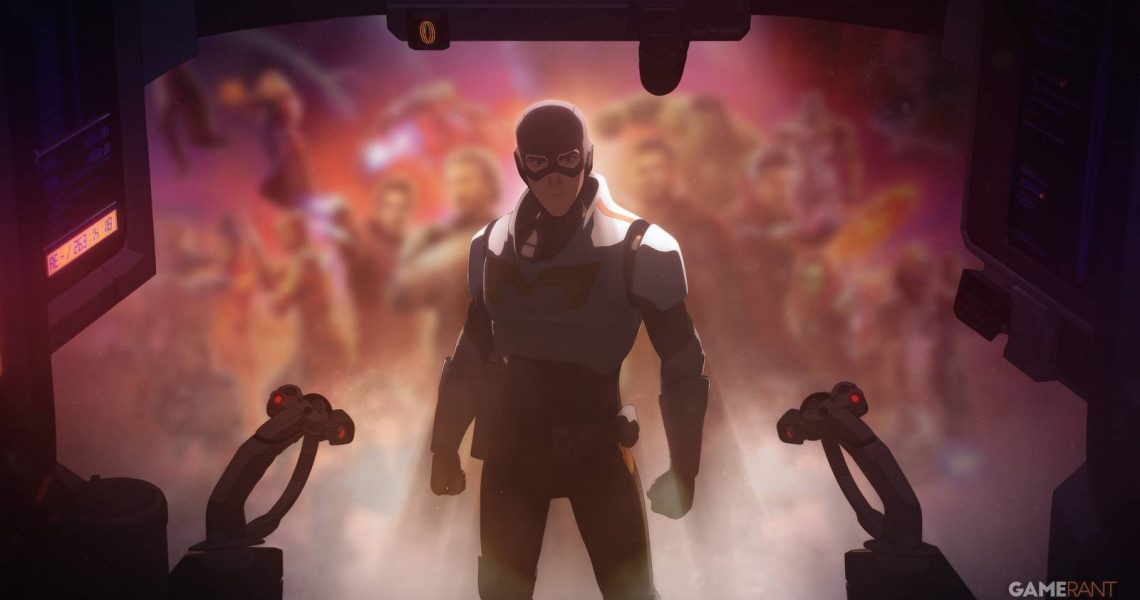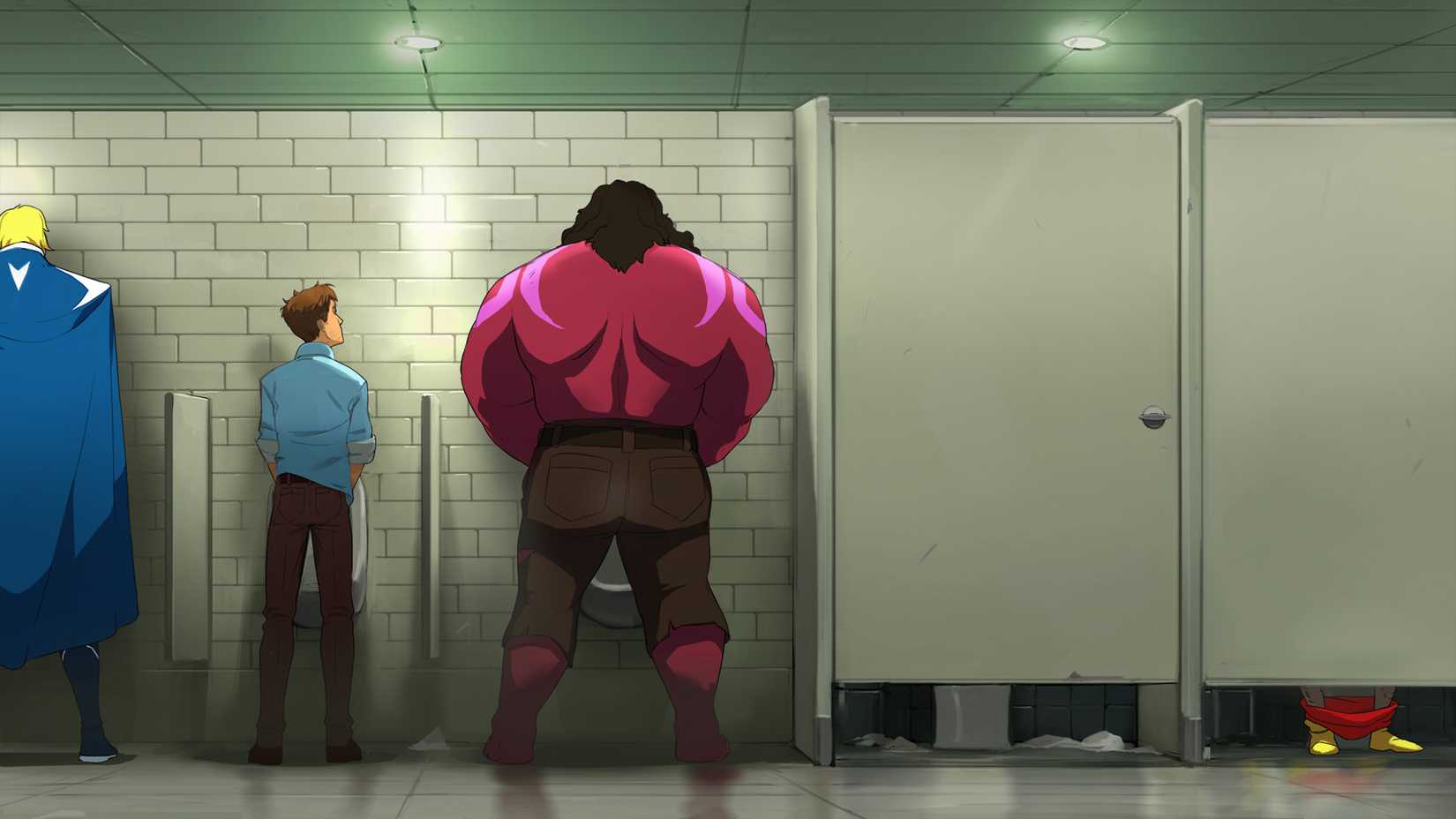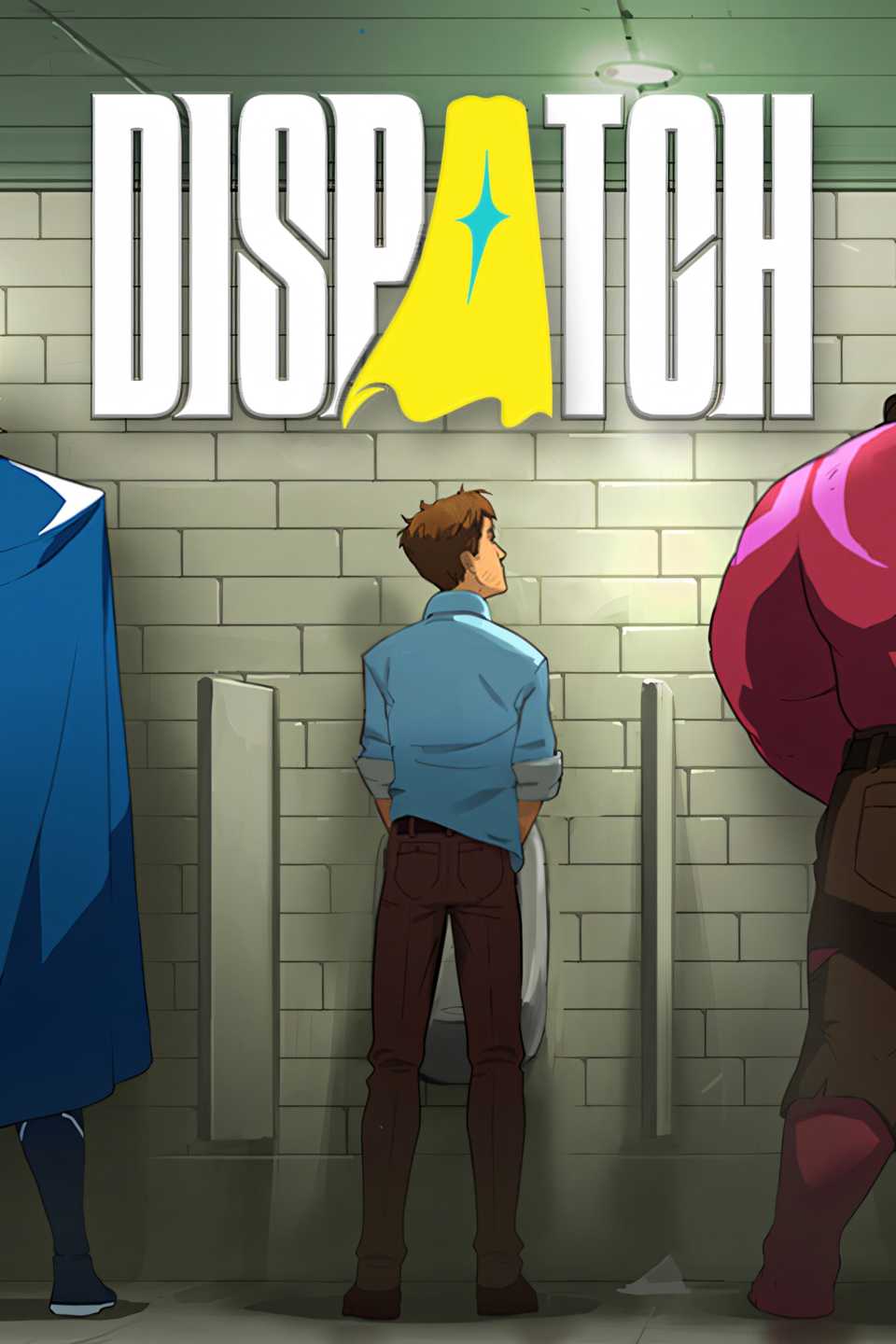Dispatch’s Mecha Man Makes Modern Superheroes Look Completely Out of Touch
The following contains spoilers for Dispatch.
AdHoc Studio’s choose-your-own adventure game Dispatch has arrived during an interesting time — when the superhero genre feels like it’s running on fumes. Caped, supernatural power-wielding icons keep getting louder, stronger, and more cinematic, and any attempts to humanize them are fleeting before they’re flying through the sky again doing what no human on Earth can do. They’re entertaining to watch, but there’s only so much consumers can relate to. That gap has only grown in recent years, and it sets the perfect stage for what Dispatch brings to the table.
At the end of the day, modern superheroes are largely out of touch with the reality that defines normal human existence. Their biggest problems are cosmic threats, world-ending supervillains, and multiversal anomalies, and even when they lose something or someone important to them (as they often do), their abilities and/or riches allow them to deal with those problems in ways the average person cannot. That’s what makes Dispatch‘s Robert “Mecha Man” Robertson such a breath of fresh air in the superhero genre, as he shows what it means to be an everyday hero as opposed to those one might see saving the world in a Marvel film.
Dispatch’s Mecha Man Is What True Heroes Are Made Of
The Importance of Being Average
As Mecha Man, Dispatch‘s Robert Robertson was once more like Batman or Iron Man, in that he didn’t have any inherent powers and instead “bought” his power with the money he possessed. The only problem with Robert’s situation by the time Dispatch‘s story begins is that he has already spent the majority of his inheritance (his father and grandfather before him were Mecha Man) trying to keep his Mecha Man suit maintained. To make matters worse, the game’s premise sees Robert’s superhero suit destroyed, and with no money left to repair it, he is somewhat cornered into taking a job at the Superhero Dispatch Network, where he would fill the role of dispatcher for an unruly team of supervillains.
Here, Robert becomes entrenched in the daily life of a normal human being, working an 8 to 5 with no end in sight, although his hopes are that his Mecha Man suit will eventually be repaired and his life as a superhero restored. During his time as a dispatcher for SDN, he makes several attempts at being a superhero without his suit, only to often find himself injured and worse for wear. In other words, he struggles to adapt to his new normal, as it contrasts the desire in him to serve the greater good.
However, over time, he leans into his role as dispatcher, and the job starts changing him in ways his Mecha Man suit never could. He begins to understand the people he works with, learns how to lead without relying on his suit to do the heavy lifting, and discovers that true heroism often happens in places and positions less celebrated and acknowledged. In the process, Robert becomes something the world of modern superheroes has grown increasingly out of touch with.
Working With the Unworkable
A big part of that transformation comes from the team he is assigned to. Dispatch‘s Z-Team is a group of former villains who are trying to earn a second chance, and they are about as unpredictable as one might expect. They bicker, they ignore instructions, and they make Robert’s job harder than it ever should be, but they also give him a firsthand look at the people he never really understood when he was wearing the suit. Working with them forces him to slow down and listen until he figures out how to guide a team that doesn’t always want to be guided, which is something modern superheroes generally rise above.
Even as a superhero workplace comedy, Dispatch is clearly challenging the tropes and archetypes the superhero genre usually relies on. Most modern superheroes (literally) fly above reality, but Robert is forced to live in it and be subject to it. He can’t escape the weight of normal life for the time being, and he doesn’t have the luxury of solving everything with money anymore. Instead, Robert’s story in Dispatch shows how true heroism is borne through choices, effort, and the willingness to keep going even when it’s tough — “not all heroes wear capes,” as it were.






